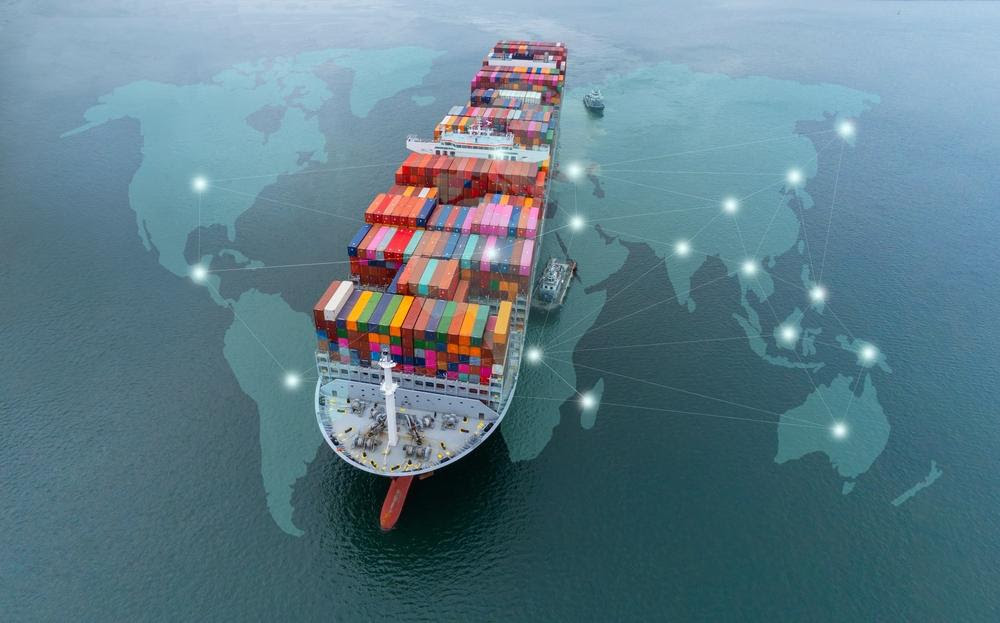Policies are not “protectionist” because they violate WTO trade rules. They are protectionist if they distort global trade by generating beggar-thy-neighbor trade surpluses. Because large, persistent trade imbalances would be all but impossible in a well-functioning global trading system, the irony is that U.S. policies to reduce its deficit actually enhance free trade.
Earlier this month, the Economist published a widely commented-upon article that warned about what it saw as a worrying change in American trade policy. For decades, according to the authors of the article, U.S. trade policy worked to “to tear down the subsidies hurting American exporters and gumming up global trade.” But now, “rather than trying to get other countries to cut subsidies, the Biden administration’s unabashed focus is on building a subsidy architecture of its own, complete with the kinds of local-content rules that American officials once railed against.”
“The economic thinking that underpins much of this logic is dubious,” the article goes on to claim, but the changing U.S. strategy is driven by a political momentum that makes even such dubious logic hard to reverse. What is worse, the article argues, it is shifting a global regime that once valued open trade and economic efficiency toward one that will be less efficient and more unfair.
For America’s allies, from Europe to Asia, it is a startling shift. A country that they had counted on as the stalwart of an open-trading world is instead taking a big step towards protectionism. They, in turn, must decide whether to fight money with money, boosting their subsidies to counter America’s. If the result is a global subsidy race, the downsides could include a fractured international trading system, higher costs for consumers, more hurdles to innovation and new threats to political co-operation.
While there is much in the article that is intelligent and useful, the Economist is wrong to imply that we once lived in a global regime that valued open trade and economic efficiency. What is more, its approach to trade-related policies—in the United States and elsewhere—seems to rest on a bureaucratic rather than a functional view of what constitutes a well-managed global trade regime.
This is the wrong approach. The global trade and capital system of the past four to five decades is among the most unbalanced, distorted, and protectionist in history. I say this not because of the number of deviations from WTO-proscribed behavior but simply because of global trade imbalances. Trade imbalances in the past fifty years have been among the largest ever recorded. This matters, because in an efficient, well-managed, and open trading system, large, persistent trade imbalances are rare and occur in only a very limited number of circumstances.
…In an article this week in the Financial Times, Martin Wolf argued that while capitalism may be becoming somewhat less global, “an internationally open capitalism remains the foundation of future prosperity. It needs to be reformed. It must not be abandoned.”
I agree and would add that the primary direction of reform should be to reduce the deep, persistent trade imbalances that undermine global trade. Among other things, this might involve reviving Keynes’s proposal at Bretton Woods to penalize economies that choose to run large, persistent trade surpluses. If U.S. policies force a reduction in global trade imbalances by reducing the U.S. deficit, even if they are deemed “protectionist” policies by trade bureaucrats, they are clearly not protectionist. In fact, by partially reversing distortions in the distribution of income in trade surplus countries, these policies will actually be trade-enhancing.




